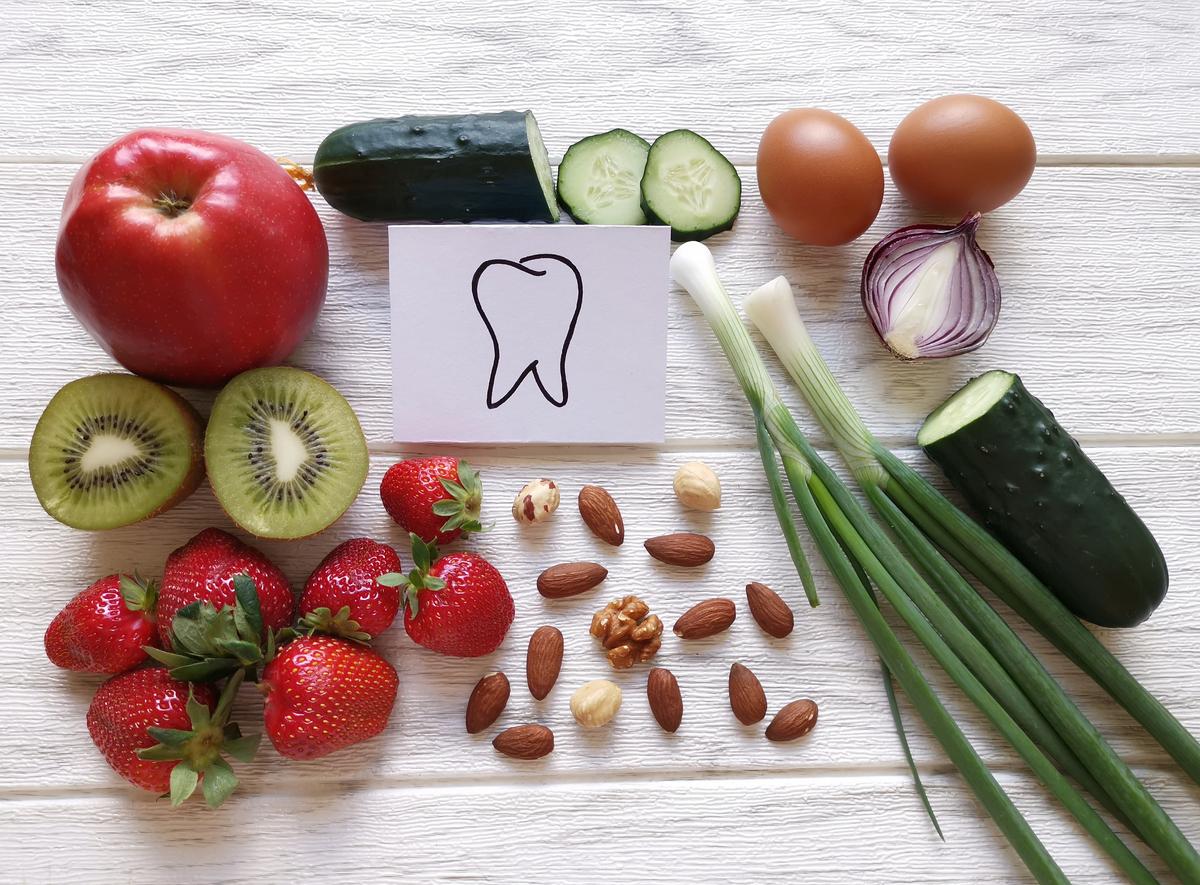The Health Benefits of a Low-Sugar Diet
Refined carbohydrates like white bread, rice, and pasta– and foods containing high levels of added sugars like cakes, biscuits, and sugar-sweetened beverages– are detrimental to health. A high-sugar diet can lead to the development of several health conditions, such as:
- Obesity
- Hypertension
- Heart disease
- Type 2 diabetes (T2D).
A low-sugar diet reduces our intake of refined carbs and foods containing added sugars (1). However, foods rich in natural sugars, such as fruits, vegetables, and unsweetened fruit juices, can still be enjoyed as a healthy diet (2). Adopting a low-sugar diet have been shown to offer many health benefits like aid weight loss, prevent diabetes and reduce heart disease risk.
This article will explore some of the health benefits of a low-sugar diet.
Promotes Weight loss
A low-sugar diet can aid weight loss and help individuals maintain a healthy weight. Foods high in sugar are high in energy (calories), hence consequently promoting obesity, which subsequently increases the risk of other chronic diseases, such as T2D and heart disease (3) Moreover, a high-sugar diet is linked to increased abdominal girth, heart disease, and diabetes risk.
Numerous studies have highlighted the association between high-sugar diets and obesity, particularly studies involving children (3, 4). For weight management, high carbohydrate, sweetened, and sugary beverages should be limited.
Reduces Cardiovascular Disease Risk
A low-sugar diet promotes good heart health and lowers cardiovascular disease (CVD) risk. CVD accounts for a third of all global deaths yearly and is a multifactorial disease, mainly influenced by hypertension and hyperlipidemia (high cholesterol levels) (5). When less than 5% of an individual’s daily calorie intake is derived from added sugars, “good cholesterol” levels increase and “bad cholesterol” levels lower.
Furthermore, a study assessing added sugar consumption found that those who consumed >25% of their daily calories from sugar were about twice as likely to die from heart disease compared to those who ate less than 10% of their daily calories from sugar. Low-sugar diet reduces hypertension, hyperlipidemia, and obesity risk, subsequently lowering CVD occurrence.
Reduces Type 2 Diabetes Risk
A diet with added sugars reduces T2D risk. Diabetes is a primary global health concern, with an estimated 425 million people affected in 2017, thus expected to rise to a staggering 629 million by 2045 (6). Dietary factors, obesity, and a sedentary lifestyle are three main contributors to disease development, thus including a diet high in added sugars.
Consequently, eating less sugar lowers diabetes risk by maintaining healthy blood sugar levels and preventing weight gain. Moreover, a low-sugar diet is also recommended for disease management.
Low-Sugar foods and High-Sugar Foods
As part of a low-sugar diet, individuals should reduce their intake of processed and pre-packaged foods and aim to consume more whole foods. Examples of foods low in sugars include:
- Green vegetables– rich in nutrients and vitamins and have little impact on blood sugar levels
- Fruits– notably citrus fruits and berries, packed with vitamins and antioxidants
- Whole grains– high in fiber
- Nuts and seeds– high in omega-3 fatty acids
- Chicken– lean protein has negligible impact on blood sugar levels.
Examples of high-sugar foods that should be avoided include:
- White bread – high in added sugars and increases blood sugar levels
- Refined sugars – foods such as biscuits and certain breakfast cereals are packed full of added sugars
- Sugary drinks – fizzy pop and energy drinks should be avoided
- Packaged snack foods – particularly low-fat options, such as low-fat biscuits and cereal bars, which contain high levels of added sugars to improve the taste.
Conclusion
A low-sugar diet promotes weight loss and reduces heart disease and T2D risk. In essence, we should decrease our consumption of high-sugar foods, such as white bread, biscuits, and cakes, and increase our consumption of green vegetables, fruits, and whole grains to promote good health and well-being and reduce our risk to chronic diseases.
By: Siobhan Moran, BSc (Hons), MSc.









Comments (0)